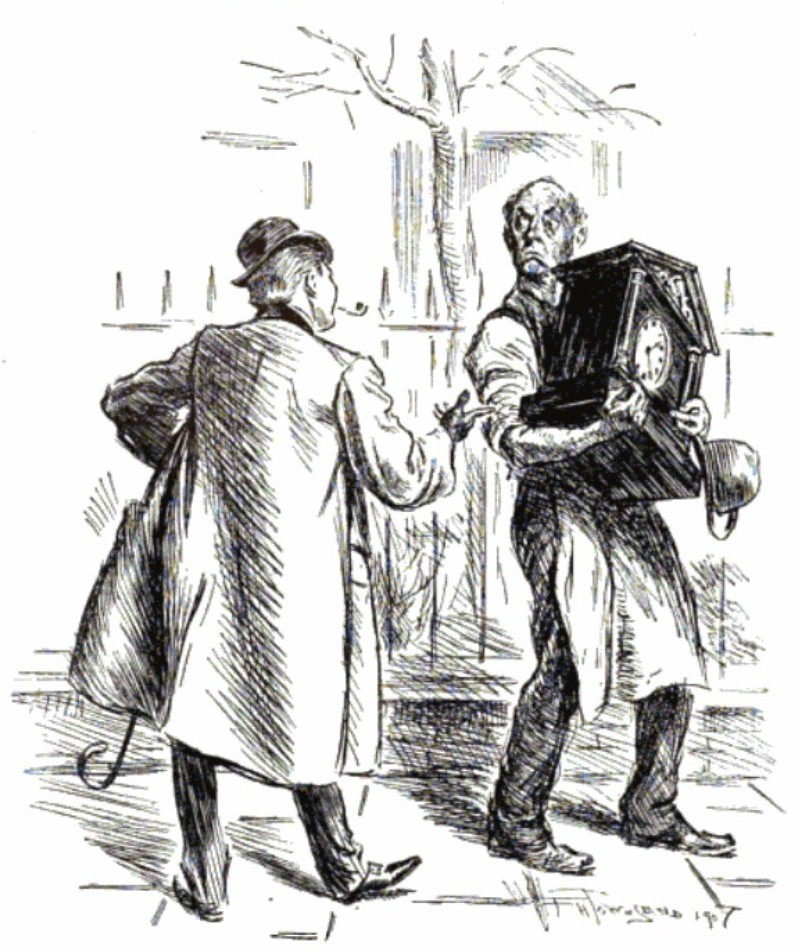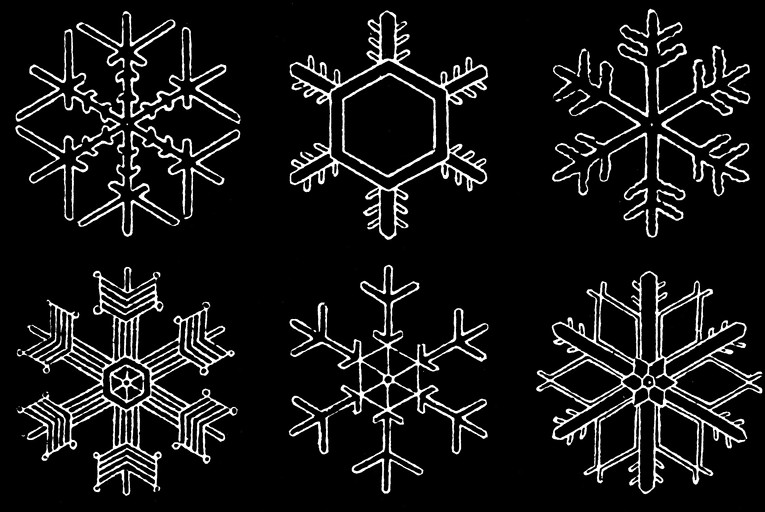Thomas Edison? Kate Sanborn? Apocryphal?
Question for Quote Investigator: Thomas Edison is credited with a famous adage about creativity and innovation:
Genius is 1 percent inspiration and 99 percent perspiration.
I found another quotation that specified a slightly different ratio of 2 percent to 98 percent. What did Edison actually say?
Reply from Quote Investigator: Edison did discuss both of the ratios given above, and he also spoke of different ingredients such as “hard work”. His popular aphorism evolved over time. Also, before Edison’s pronouncements were published there were other precursor statements in circulation. For example, in 1892 a newspaper in Massachusetts reacted to a statement by a prominent lecturer named Kate Sanborn. The newspaper indicated that sayings about the composition of genius were already being disseminated:1
Kate Sanborn is getting lots of credit for having said that “talent is perspiration.” That idea has been expressed very often; in fact, much in the same terms. A common way of saying it is that “genius is perspiration more than inspiration.”
In 1893 Sanborn delivered a lecture in California that was reported in a Riverside newspaper. Here she suggested that genius was composed of three ingredients, but she did not give a memorable fractional breakdown:2
Her subject was “What is Genius?” She quoted copiously from ancient and modern writers, giving their definitions of the word genius, and wittily added that “genius is inspiration, talent and perspiration.”
In April 1898 “The Ladies’ Home Journal”3 printed a remark about genius credited to Thomas Edison. The main ingredient mentioned was “hard work” and the ratio was 98 to 2. Expert Ralph Keyes listed this citation in “The Quote Verifier” reference:4
Once, when asked to give his definition of genius, Mr. Edison replied: “Two per cent. is genius and ninety-eight per cent. is hard work.” At another time, when the argument that genius was inspiration was brought before him, he said: “Bah! Genius is not inspired. Inspiration is perspiration.”
Also, in April 1898 “The Youth’s Companion” printed similar remarks from Edison that presented a ratio 98 to 2:5
“Ninety-eight per cent. of genius is hard work,” says Thomas A. Edison, and he adds, “As for genius being inspired, inspiration is in most cases another word for perspiration.” As the foremost example in the world of one type of genius, Mr. Edison is an authority on the subject, and his aphorism corroborates Johnson’s often-quoted definition of genius, “the infinite capacity for taking pains.”
In May 1898 the president of a shoe company delivered a speech to high school students, and he incorporated an adage ascribed to Edison. But “hard work” was not listed as an ingredient. Instead, two constituents were given: inspiration and perspiration, and the ratio was 2 to 98:6
Even Mr. Edison is quoted as having said that genius may be divided into two parts, of which inspiration is 2 per cent and perspiration 98.
In June 1898 a version of the aphorism was published in a Montana newspaper, and it was attributed to a person who was writing about Edison instead of Edison himself:7
Speaking of the life and labors of Thomas A. Edison, a writer says that two per cent of his great discoveries and inventions can be credited to inspiration, while the other 98 per cent is due to perspiration.
At last, in 1901 the modern version of the saying with a ratio of 1 to 99 emerged in a newspaper in Idaho where it was credited to Edison. This citation was located by top-researcher Barry Popik:8
Genius is another name for hard work, honest work. “Genius,” says Edison “is 1 per cent inspiration and 99 per cent perspiration.” People who take pains never to do any more than they get paid for, never get paid for anything more than they do.
Here are additional selected citations in chronological order.
Continue reading “Quote Origin: Genius Is One Percent Inspiration, Ninety-Nine Percent Perspiration”

